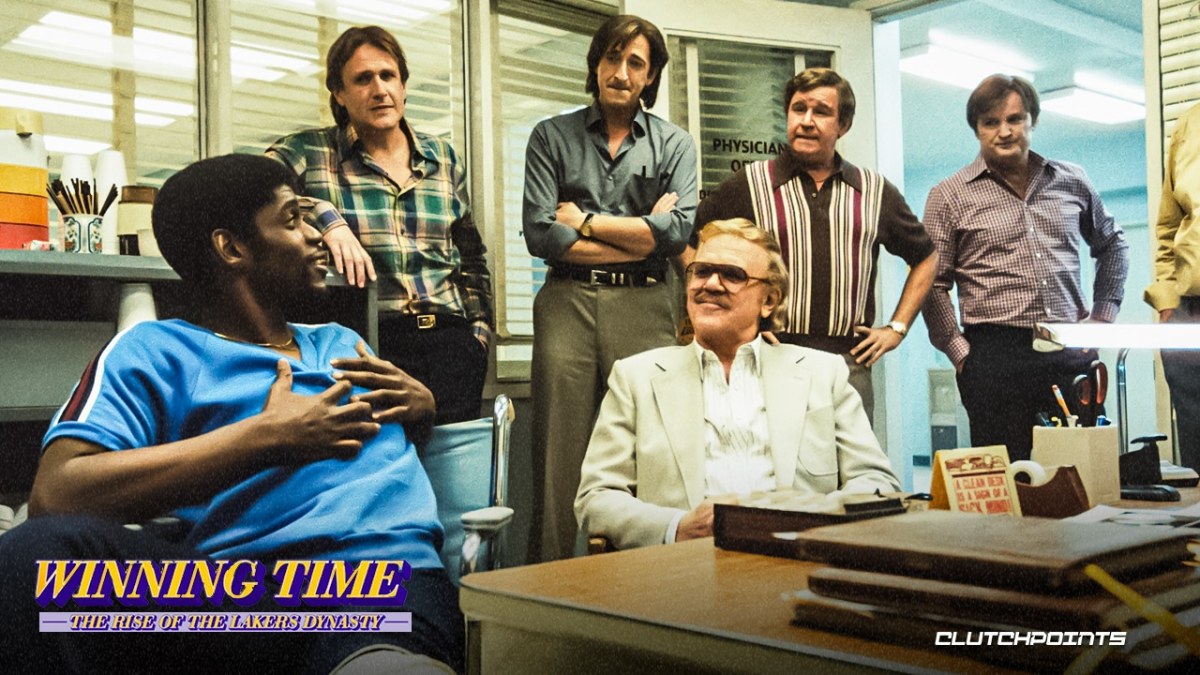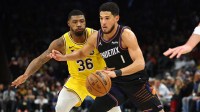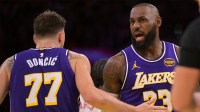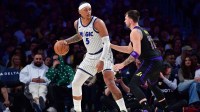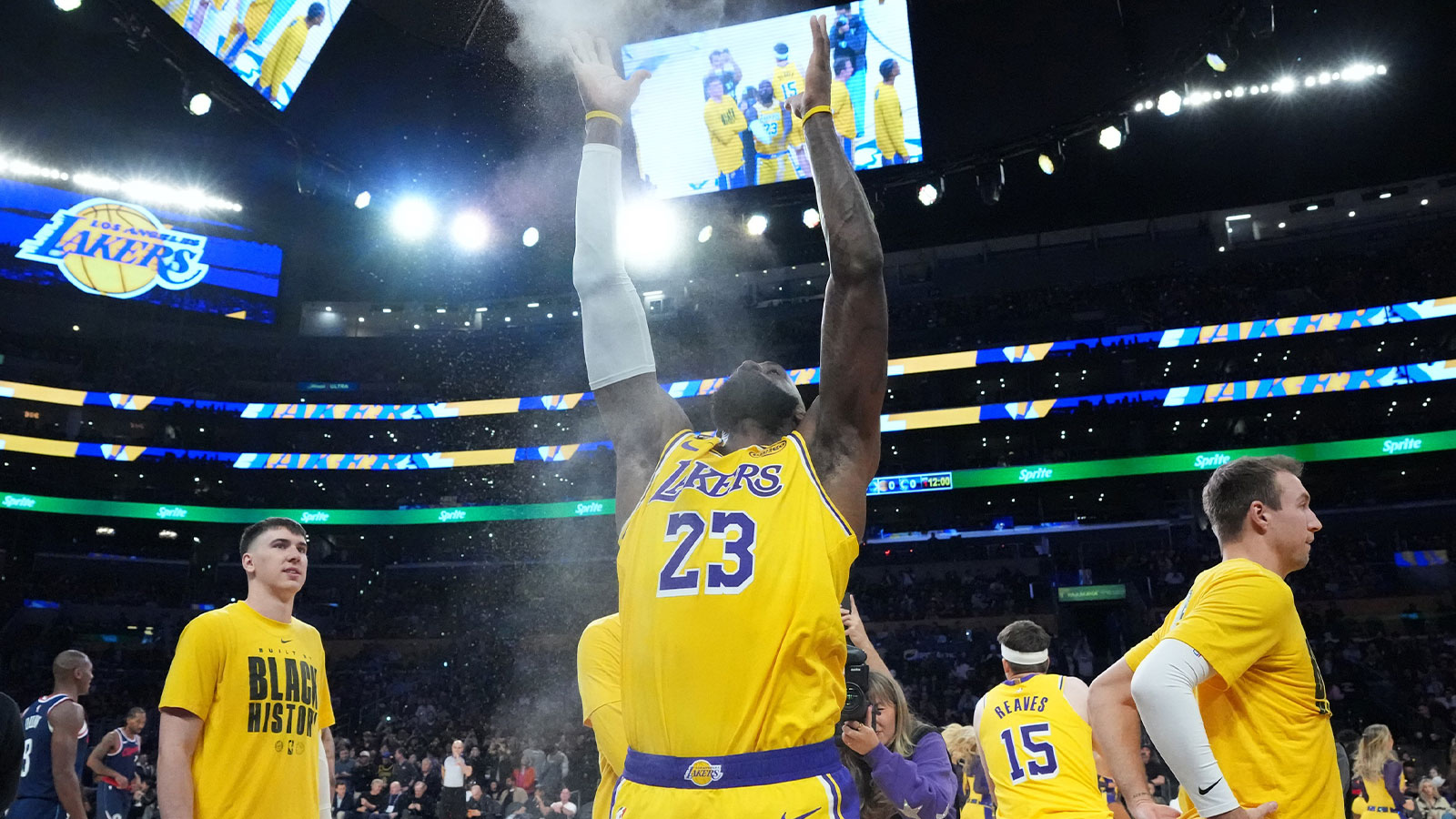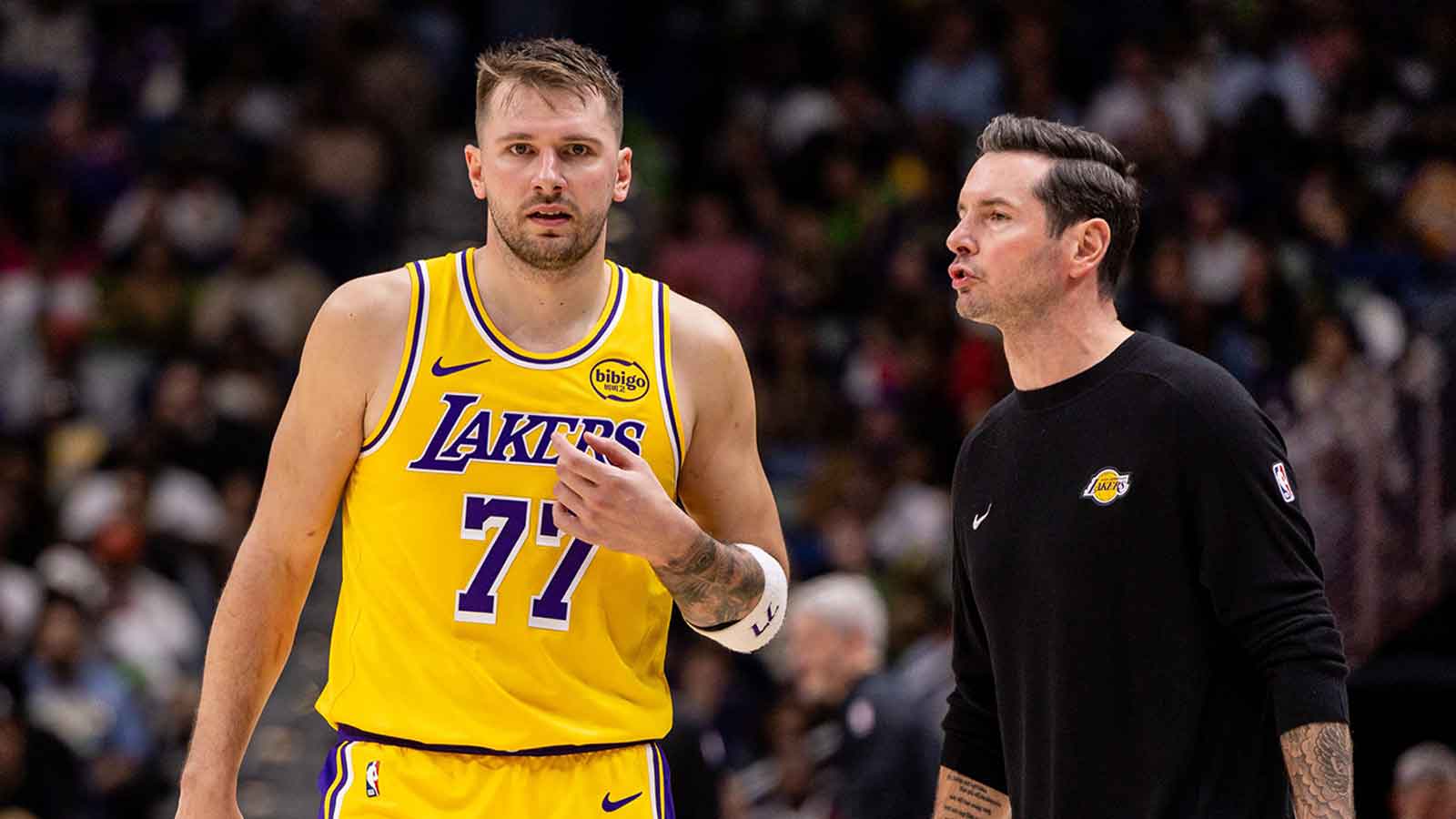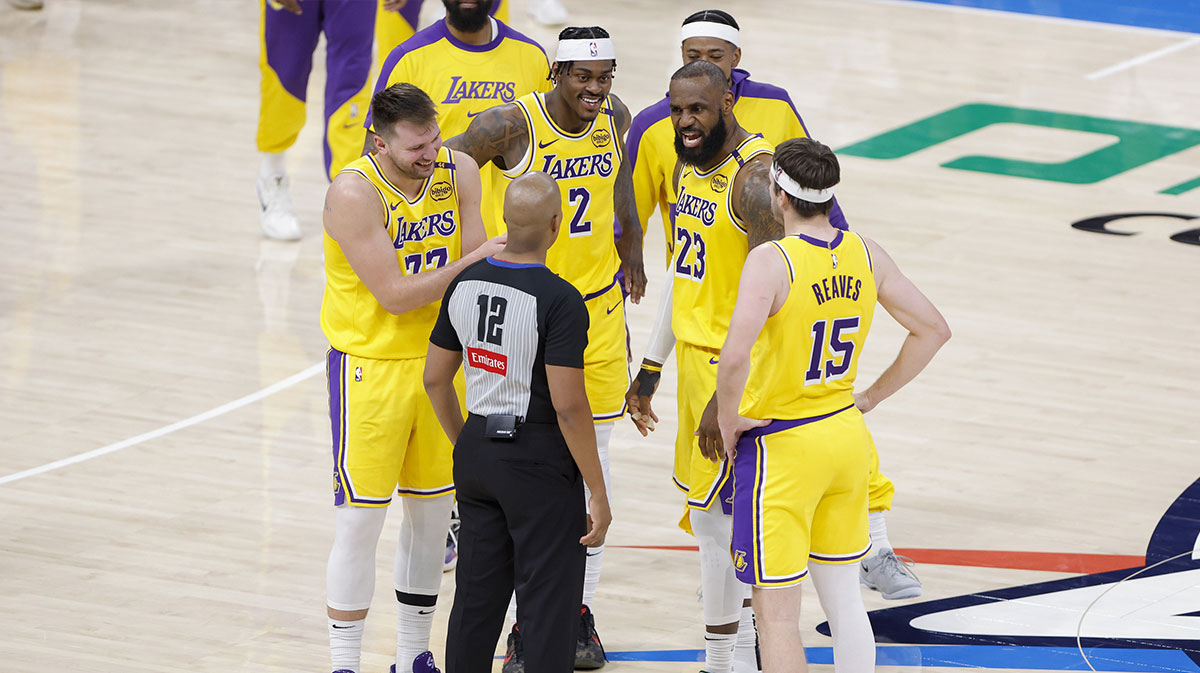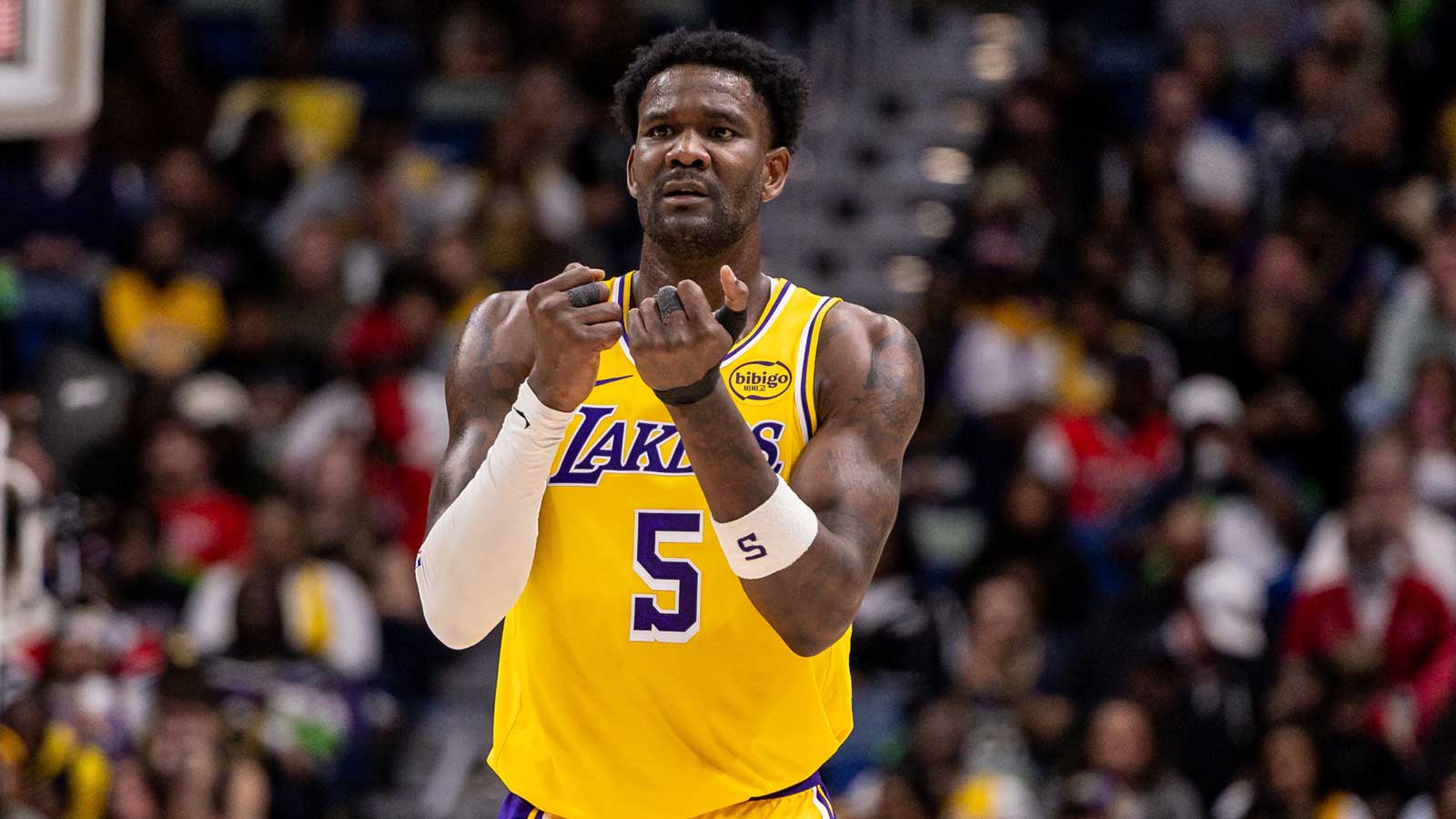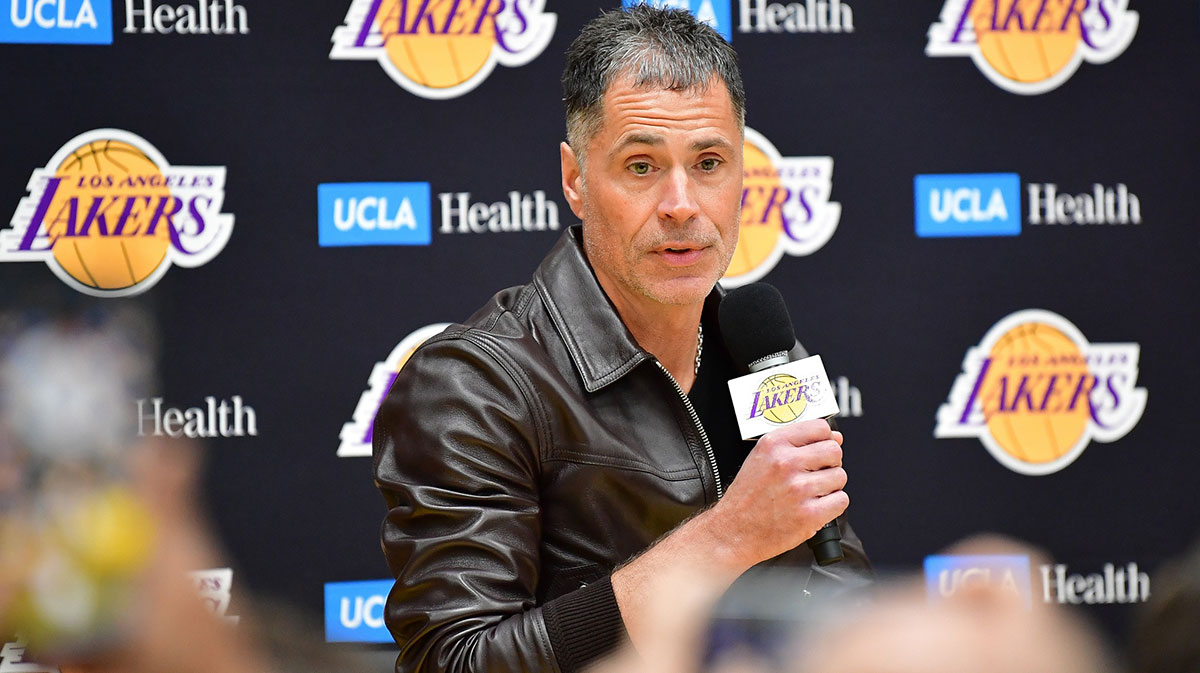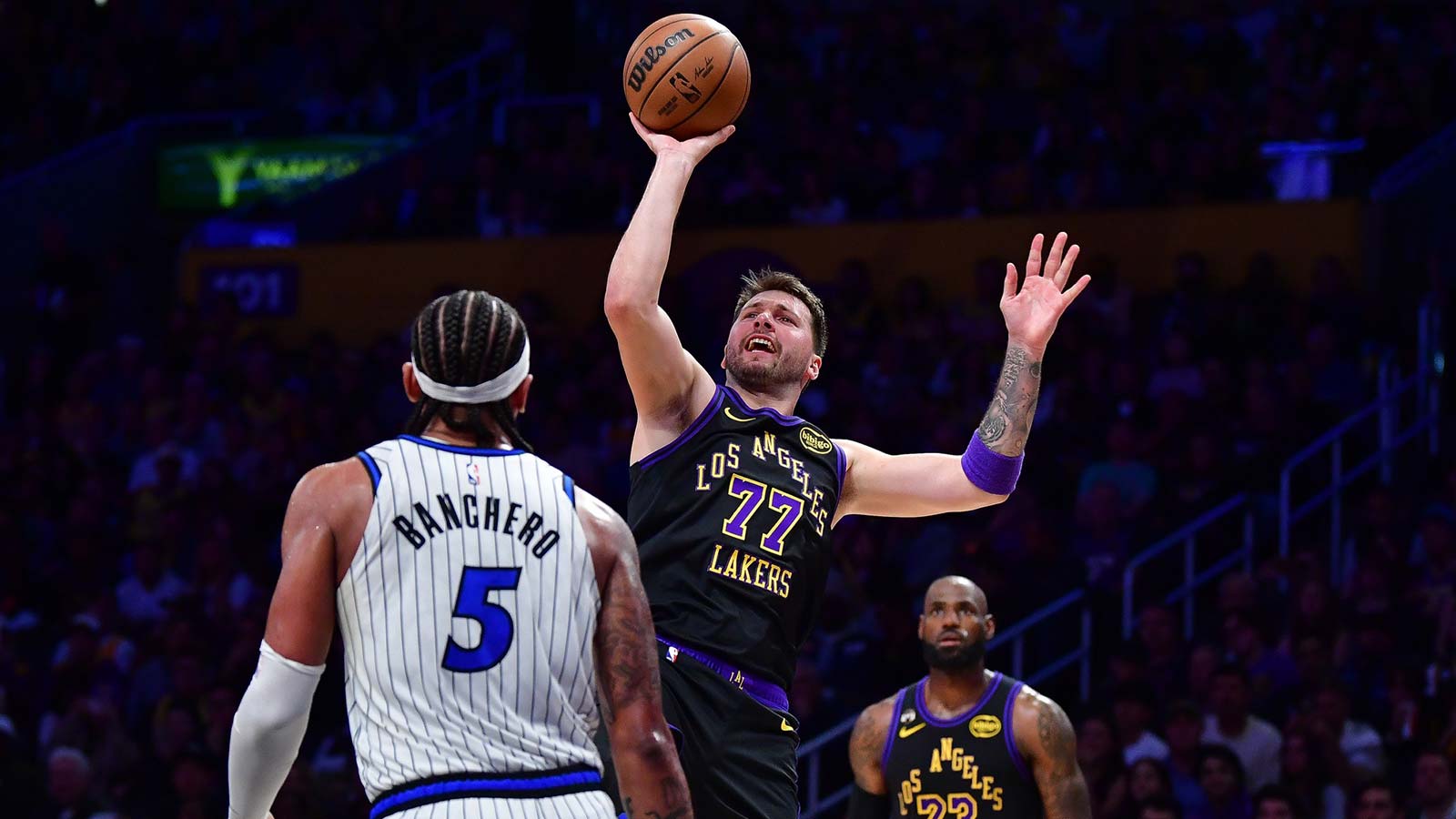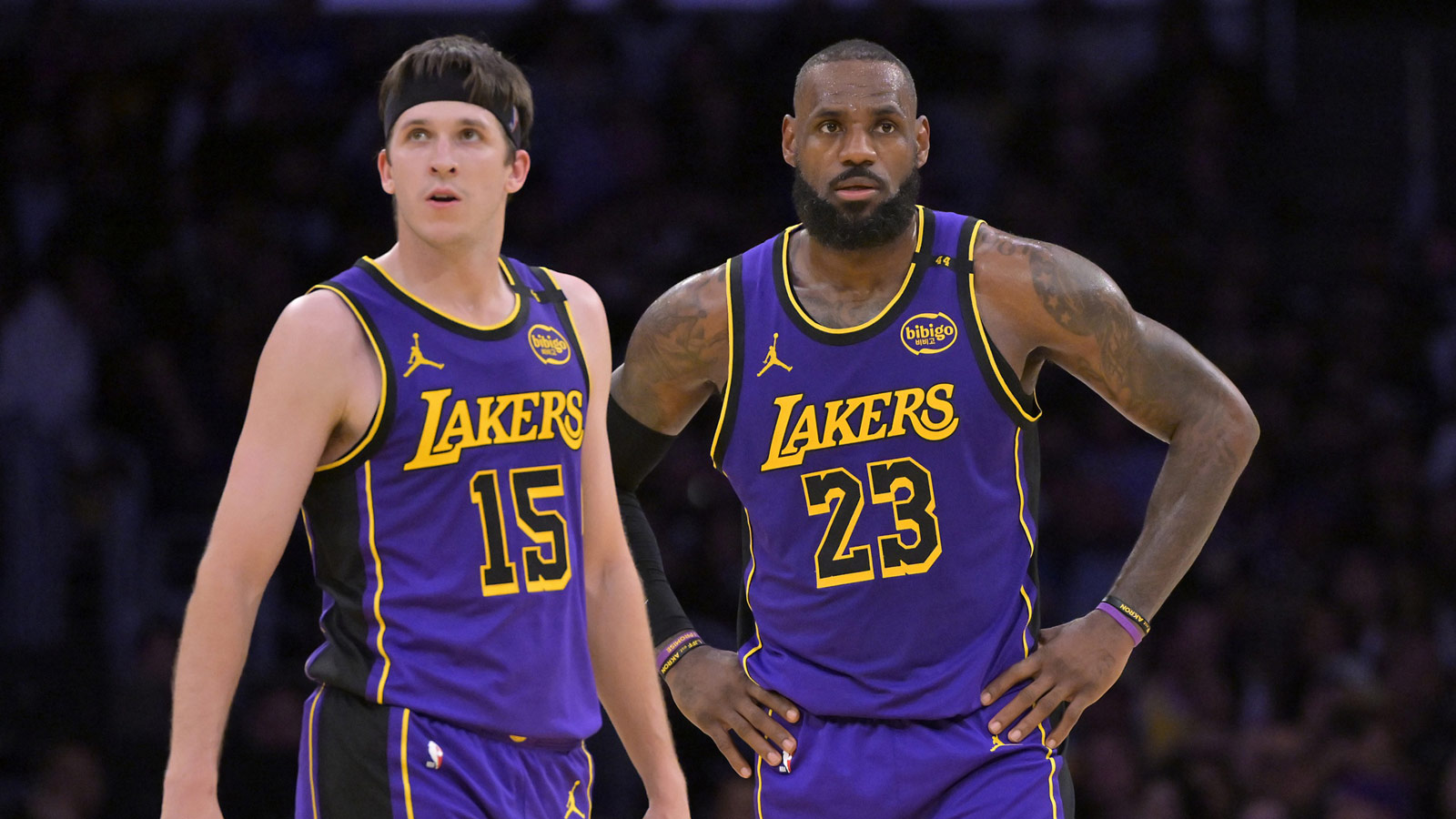Throughout Season 2 of HBO's “Winning Time: Rise of the Lakers Dynasty”, ClutchPoints' Lakers beat reporter Michael Corvo will recap the true-to-life details of each episode.
Season 1 of HBO's “Winning Time: Rise of the Lakers Dynasty” garnered acclaim while stoking controversy — especially from those associated with the Los Angeles Lakers — for its depictions of real-life figures and events. (Episodes begin with a disclaimer: “This series is a dramatization of certain facts and events. Some of the names have been changed and some of the events and characters have been fictionalized, modified or composited for dramatic purposes.”)
“We’re telling this story because we have great fondness and appreciation for these characters and the people and everything they’ve accomplished,” showrunner Max Borenstein told the New York Times. “We’re not making a documentary.”
For Season 2, the creative team behind the show put together a reference guide outlining the factual elements of the on-screen developments. I'll be relying on those materials and some independent research to point out the historical accuracy of each episode.
Note: I won't be analyzing general characterizations, while dialogue and interpersonal interactions are obviously dramatized. And, like in Season 1, the basketball is immaculately recreated.
When “Winning Time” capped off its rookie season, we saw Magic Johnson (Quincy Isaiah) and owner Dr. Jerry Buss (John C. Reilly) cap their respective rookies years by winning the 1979-80 NBA championship. Magic is navigating life in Los Angeles and his relationship with Kareem Abdul-Jabbar (Solomon Hughes). Head coach Paul Westhead (Jason Segel) and assistant Pat Riley (Adrien Brody) are figuring things out. Jeanie Buss (Hadley Robinson) is flashing executive potential.
The long-awaited Season 2 premiere, “One Ring Don’t Make a Dynasty”, tips off with a flash-forward to Game 1 of the 1984 NBA Finals — a Lakers road win (115-109 was the real score). A barrage of beer and popcorn from angry Boston Celtics fans rains down as the Lakers dash from the parquet to the parking lot and find safety on the bus (as Prince's “Let's Go Crazy” blares). The horde starts hurling items at the vehicle. Here’s what Jeff Perlman writes in the book that inspired the TV show.
“That night, while their bus drove from the Garden to the hotel, the Lakers were accosted by a hundred or so fans. They rocked the vehicle back and forth and hurled beer cans and rocks at the windows. ‘It was so frightening,’ Johnson said. ‘Our nerves were shot, to begin with … and now everyone is freaking out because we were surrounded, and we couldn’t go anywhere.”
IRL, this incident occurred after Game 7.
Nice background detail in the season premiere of #WinningTime
Written on the Lakers locker room chalkboard:
"Uneasy lies the head that wears the crown
PS – Boston Sucks"
— Michael Corvo (@michaelcorvo_) August 7, 2023
Later, Red Auerbach (Michael Chiklis) irks Dr. Buss by pulling off one of the greatest draft swaps of all time (true). Armed with the no. 1 pick, Auerback bluffed interest in Joe Barry Carroll, then foisted the pick and no. 13 to the Golden State Warriors for Robert Parish and no. 3, which he used on Kevin McHale. It wouldn't be the last time the Celtics effectively traded no. 1 for no. 3.
We also see Dr. Buss — following a profitable playoff run and foreseeing free agency and the ascendant sports entertainment industry — extending unprecedented raises to his players. This happened. Kareem's salary spiked from $650,000 to $1 million. Wilkes (Jimel Atkins) got $600,000 instead of $350,000. Norm Nixon (portrayed by his son, DeVaughn Nixon) got his salary boosted from $400,000 to $650,000, and so on. Jason Clarke's Jerry West bitterly points out that those annual salaries summarily eclipse his career earnings.
It's also true that Dr. Buss moved his children into the famous Pickfair estate after purchasing it in September of 1980.
“Buss transformed the twenty-two-room home into a magnificent ode to classic décor meets 1980s adventurism,” writes Perlman. “His dinner parties were fantastic. His guest list was magnificent. Buss thought of Pickfair as a souped-up Playboy Mansion.”
It's also accurate that Buss gave sports franchises to his kids, as we see him do in the episode. Jeanie was put in charge of the World TeamTennis Los Angeles Strings in 1981 and won a title ASAP. Johnny (Thomas Mann) got the Los Angeles Lazers, an indoor soccer team. Jimmy (McCabe Slye) — a 6'4, aspiring jockey — took over the family racehorses. (“Father of the f**kin' year!”, exclaims Buss to the camera. The episode is really about the challenges of balancing business and fatherhood.)
Fresh off a title, Westhead debuts a slicked-back hairdo, which, in his memoir, he claims to have deployed before Riley. Basketball-wise, he admits to initially rubbing players the wrong way by implementing a 10-second or less system, which he comically dubbed … “The System.” The idea was to have players sprint down the court and set up in spots from which they shoot best, advance the ball up as quickly as possible, and let it fly. Shot quantity over quality.
In Perlman’s accounting — and as depicted in the show — Westhead introduced The System at the onset of training camp.
“This is a new year and a new team … and we’re going to do things differently,” he apparently said. “We’re going to put in a new offense, and you’ll need to trust me. Because I know what I’m doing.”
In the episode, Westhead emphatically imposes his strategy at the behest of Kareem and the team.
“Our [offense] had been the center of controversy with the players all season long,” Westhead wrote in his memoir. “Other players, especially our guards, had different ideas. This was a constant battle.”
Here’s Perlman:
“In the aftermath of the Los Angeles Lakers’ magnificent championship run, Paul Westhead … was proclaimed a genius. OK, the word itself wasn’t literally used all that often. But, when the stories on Magic Johnson’s rookie greatness and Kareem Abdul-Jabbar’s sixth MVP trophy and Spencer Haywood’s implosion ran dry, the media turned its affections toward a professorial forty-one-year-old man who fell into a dream job and was wise enough to stick with his predecessor’s philosophy. … Westhead felt liberated to implement his own ideas and philosophies. ‘When Paul became a genius,’ said Jamaal Wiles, ‘trouble started…’”
(Westhead's system, famously deployed at Loyola Marymount, would end up being one of the most influential tactical approaches in basketball history.)
Much of the dramatic tension centers on the relationship between Magic and Kareem — who both have sons during the span of the episode (true) — and their roles atop the Lakers' hierarchy. According to various historical accounts, Magic entered camp ready to go Minnesota Timberwolves Jimmy Butler and reshape the team around his style (the Lakers' public relations team had the same idea, Kareem posited in his book), while Cap was out of shape coming off an injury. (The scrimmage sequence implies that an elbow Abdul-Jabbar took to the face forced him to start wearing goggles, though he actually began wearing them in 1975.)
Magic's over-eagerness may have contributed to his early-season knee injury, per the coach.
“Magic had been struggling to take symbolic charge of the team ever since we won the world championship,” wrote Westhead. “… During the next season, as early as training camp, Magic was flexing his muscles as team leader over Kareem. Magic was trying to exert his influence and control the tempo of the game to his liking. … He had gotten too much, too soon. We had a monster on our hands and someone was going to get hurt.”
Magic tweaked his knee on Nov. 11, then heard a pop a week later vs. the Kansas City Kings. He underwent a meniscectomy and missed 100 days. After dropping five of eight, The System prevailed and the Lakers rallied to win 28 of 45 sans their point guard.
“He's just one guy,” Abdul-Jabbar told Sports Illustrated. “He's special—he has great instincts and ability—but we're a team.”
Magic eventually rejoined the team to dish spiritual assists for three weeks before returning to action. The scene that closes the episode — in which a still-injured Magic enters to roars from the home crowd — actually occurred vs. the Detroit Pistons in his home state, though the episode moves the moment to the Forum against the Celtics, so Magic can playfully remind us of his disdain for “that m*f*cka” Larry Bird (Sean Patrick Small).
Lastly, The Emotions' “Best of My Love” — also memorably featured in another John C. Reilly classic — is the best song of all time. That's a fact.

